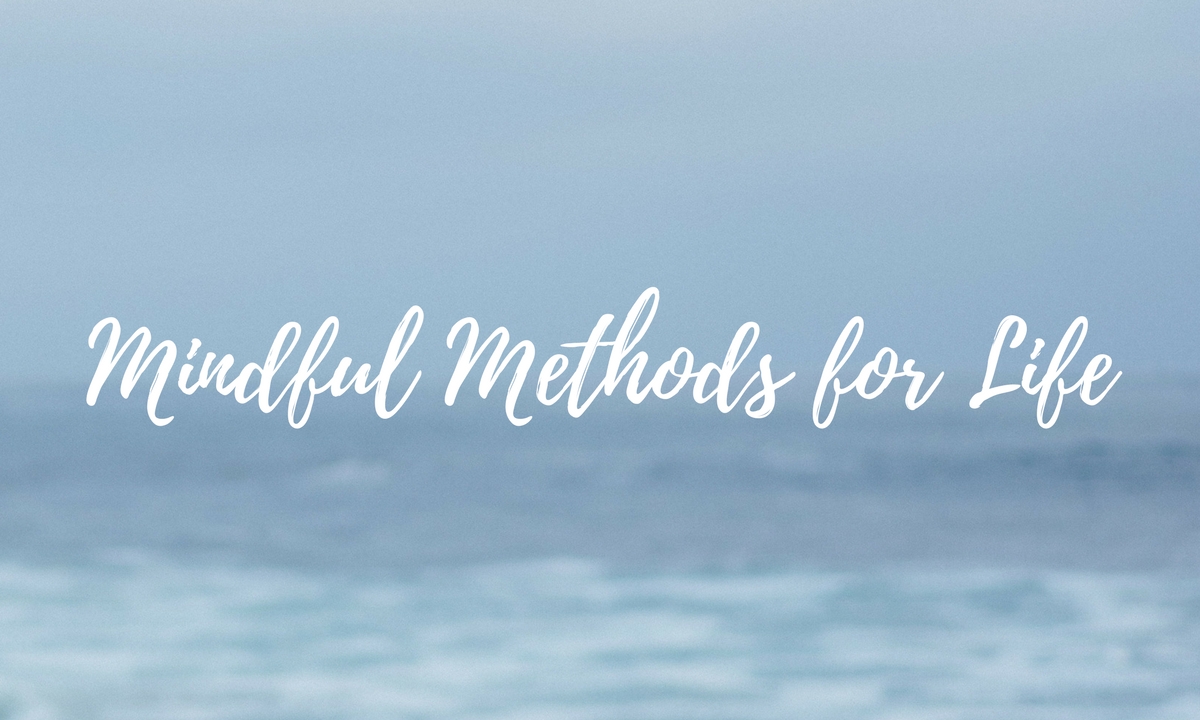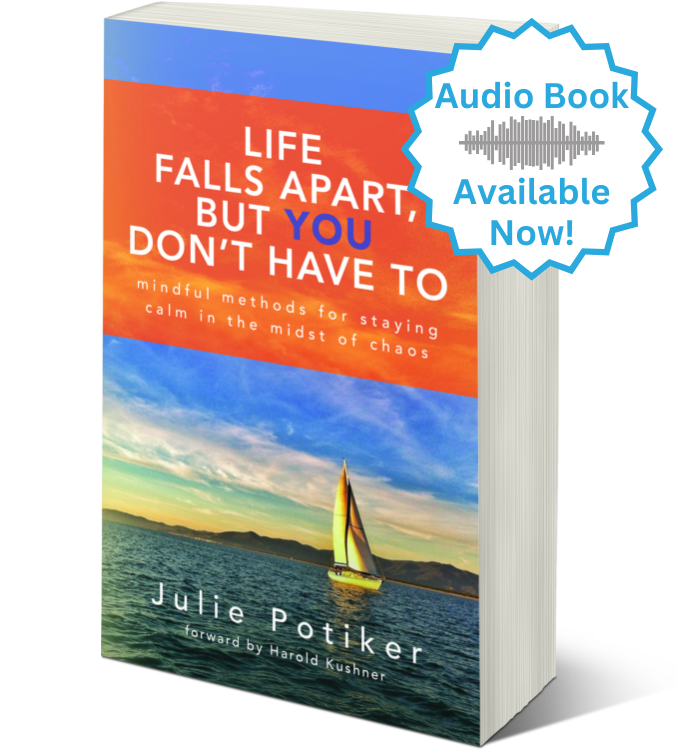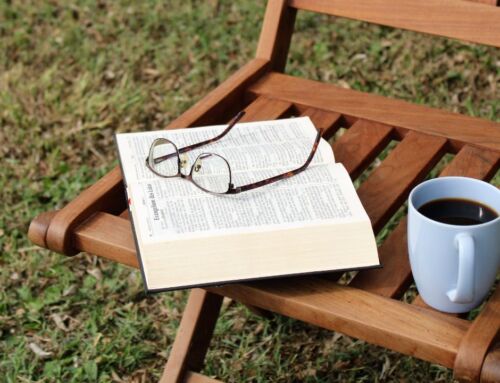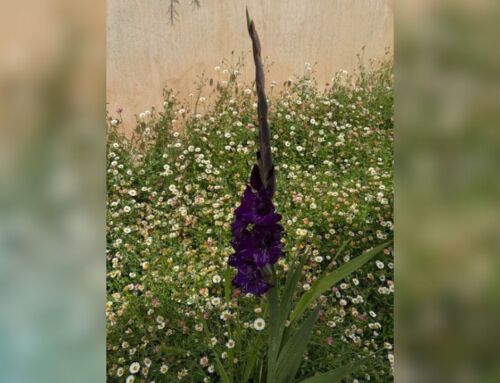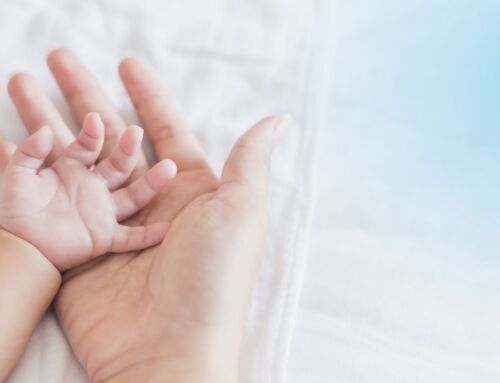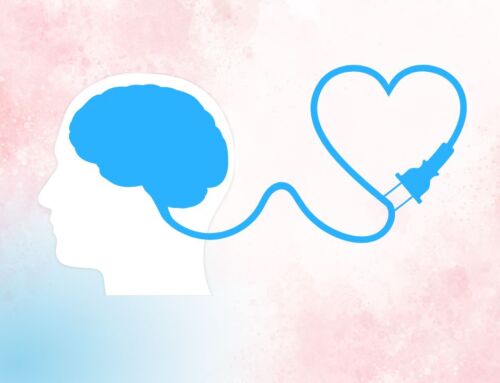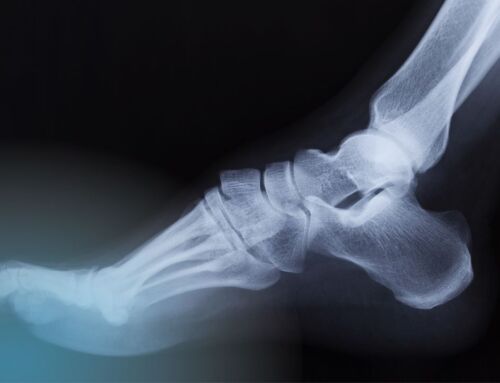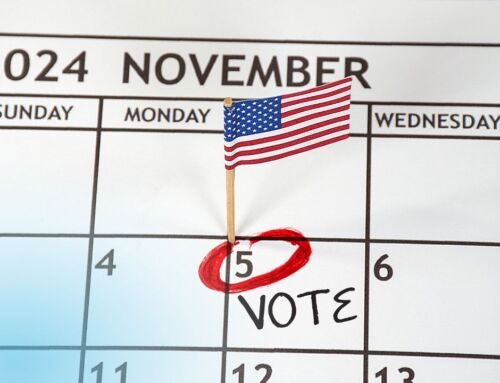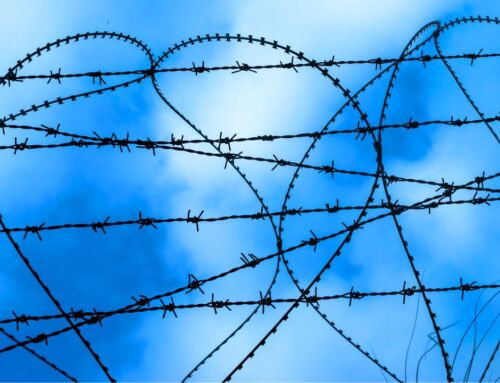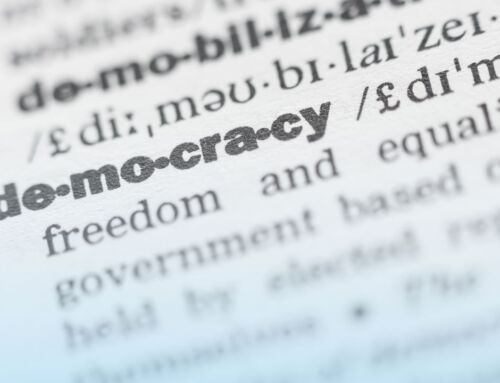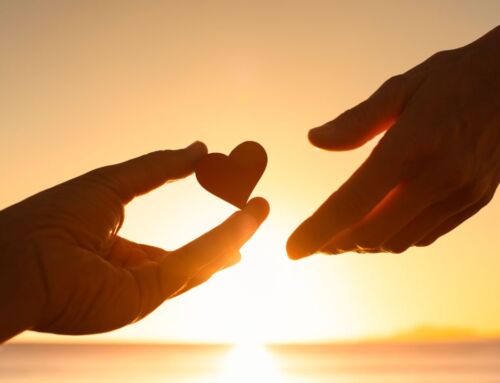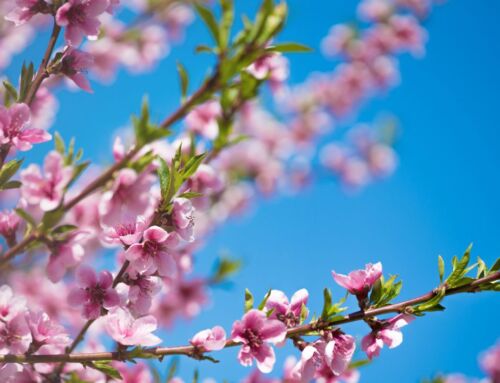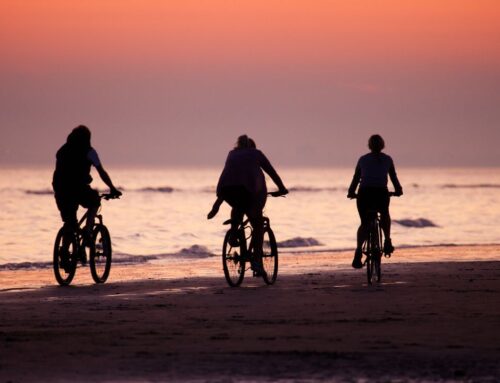When I first registered for MBSR (mindfulness based stress reduction) at the University of California San Diego (UCSD) Center for Mindfulness, I knew after eight weeks of training that a whole new world of education and practice was opening up for me. The scientific research showing the benefits of mindfulness was compelling, and the neuroscience dealing with experience-dependent neuroplasticity was fascinating.
In short: What you think changes your brain. And it doesn’t stop until you are dead.
Five or six years after taking MBSR, the UCSD Center for Mindfulness began teaching a new curriculum written by Christopher Germer and Kristin Neff. It was called Mindful Self-Compassion (MSC), a research-proven program teaching inner resources and skills to soothe a person during times of stress or pain. Studies done on the MSC curriculum showed similar results as the studies on MBSR: decreases in anxiety, depression, and stress, and increases in relationship satisfaction, emotional well-being, and maintenance of healthy habits, such as diet and exercise.
Mindful Self-Compassion was MBSR with the extra component of compassion practice. Adding a self-compassion practice was just what I needed to take healing to the next level. MBSR was instructive in learning how to locate emotions in my body, but not as helpful to me as MSC in handling the difficult emotions once I found them.
Compassion involves an action that will help alleviate others’ pain. Empathy is just feeling the others’ pain. When you add the compassion component, you also get self-compassion or self-care, so you do not get empathy fatigue.
I took the class and it was transformative.
In MSC, I learned skills to soothe myself when times turn rough. My depression vanished. I managed my issues with anger much better and in a completely new way. It was such a relief to not have anger throw me into depression. I was now comfortable saying, “Oh, that’s anger,” when it came up, because I knew how to help myself through it. I became comfortable with getting mad at my kids and telling them I was mad and why. That was huge for me. I practiced the guided meditations on Chris Germer’s website every day for years. My twins provided situations weekly, and sometimes daily, that gave me the opportunity to work with “the difficult person” meditation or many of the other meditation tools in that program.
Then, three years later, the UCSD Center for Mindfulness posted that they were beginning teacher trainings for Mindful Self-Compassion, and there wasn’t a nanosecond of hesitation on my part. After training with Chris Germer, Kristin Neff, and UCSD, I began teaching Mindful Self-Compassion in San Diego.
It was as if everything I had been through in my life coalesced and brought me to this path.
The theatre training and the public speaking I have done for the last two decades allows me to dynamically connect with my students. The psychology field I studied in college blends nicely with the self-help transformational nature of this work. My law training enables me to cut through all the psycho-babble and really explain things clearly and rationally. It also makes it easy for me to teach people who are skeptical about this discipline and who think there is no way they can learn to meditate.
I can clearly explain the emerging science of meditation and compassion.
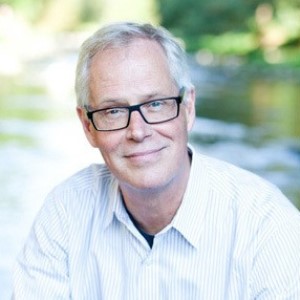
—Christopher Germer, PhD, author of The Mindful Path to Self-Compassion: Freeing Yourself from Destructive Thoughts and Emotions, and co-editor of Wisdom and Compassion in Psychotherapy: Deepening Mindfulness in Clinical Practice
Living through the last eight years of parenting in one of the circles of Dante’s Inferno makes me more approachable and gives me a wealth of material to use in class. My twin daughters recently remarked, “Mom, you should thank us for being so difficult to raise. If it had been easy, you wouldn’t have built such a great tool box!”
When I started this wild ride, I was searching for something to help me live better in this world. I found it.
Now it’s time to share it with you.
Life Falls Apart, But You Don’t Have To
Mindful Methods for Staying Calm in the Midst of Chaos
At one point in my life, I was so stressed that I began manifesting symptoms of a stroke. It was at this point I realized I needed to change my life and find better ways of managing the challenges I would inevitably face.
